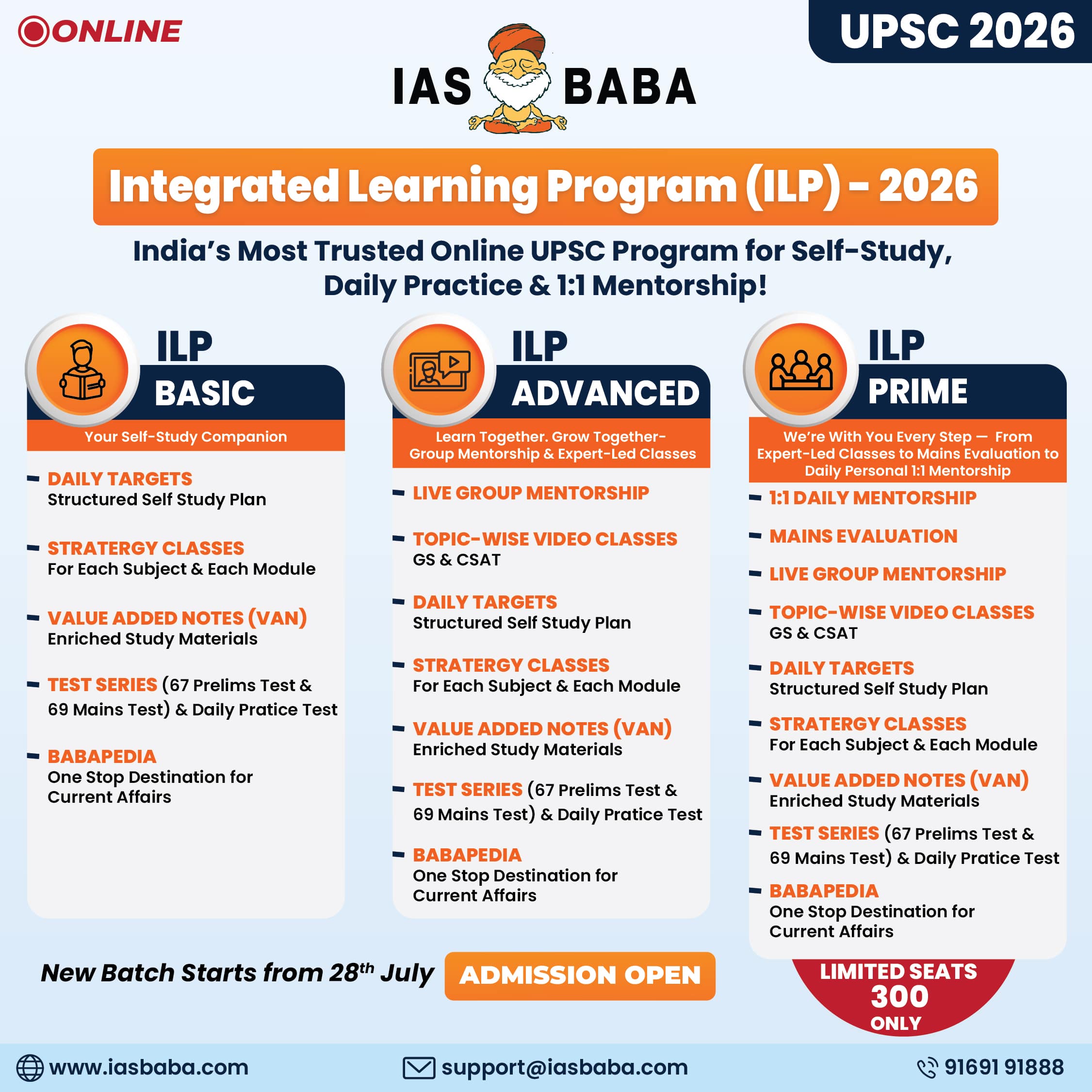Indian Polity & Constitution
In News: In 2021, over 1.6 lakh Indians renounced citizenship
- Over 1.6 lakh Indians renounced their citizenship in 2021, highest in the past five years, according to information provided by the Ministry of Home Affairs (MHA) in the Lok Sabha.
- Over 78,000 Indians acquired U.S. citizenship, the highest among all other countries, by giving up Indian citizenship.
- India does not allow dual citizenship. As many as 362 Indians living in China also acquired Chinese citizenship.
Citizenship
- Citizenship signifies the relationship between individual and state.
- Like any other modern state, India has two kinds of people—citizens and aliens. Citizens are full members of the Indian State and owe allegiance to it. They enjoy all civil and political rights.
Constitutional Provisions
- Citizenship is listed in the Union List under the Constitution and thus is under the exclusive jurisdiction of Parliament.
- The Constitution does not define the term ‘citizen’ but details of various categories of persons who are entitled to citizenship are given in Part 2 (Articles 5 to 11).
- Unlike other provisions of the Constitution, which came into being on January 26, 1950, these articles were enforced on November 26, 1949 itself, when the Constitution was adopted.
Article 5: It provided for citizenship on commencement of the Constitution.
- All those domiciled and born in India were given citizenship.
- Even those who were domiciled but not born in India, but either of whose parents was born in India, were considered citizens.
- Anyone who had been an ordinary resident for more than five years, too, was entitled to apply for citizenship.
Article 6: It provided rights of citizenship of certain persons who have migrated to India from Pakistan.
- Article 6 laid down that anyone who migrated to India before July 19, 1949, would automatically become an Indian citizen if either of his parents or grandparents was born in India.
- But those who entered India after this date needed to register themselves.
Article 7: Provided Rights of citizenship of certain migrants to Pakistan.
- Those who had migrated to Pakistan after March 1, 1947 but subsequently returned on resettlement permits were included within the citizenship net.
Article 8: Provided Rights of citizenship of certain persons of Indian origin residing outside India.
Article 9: Provided that if any person voluntarily acquired the citizenship of a foreign State will no longer be a citizen of India.
Article10: It says that every person who is or is deemed to be a citizen of India under any of the foregoing provisions of this Part shall, subject to the provisions of any law that may be made by Parliament, continue to be such citizen.
Article 11: It empowers Parliament to make any provision with respect to the acquisition and termination of citizenship and all matters relating to it.
Citizenship Act and Amendments
- The Citizenship Act, 1955 provides for the acquisition and termination of Indian citizenship.
Acquisition and Determination of Indian Citizenship
- There are four ways in which Indian citizenship can be acquired: birth, descent, registration and naturalisation. The provisions are listed under the Citizenship Act, 1955.
Termination
According to the Act, citizenship can be revoked in three ways:
Renunciation: Any Indian citizen who is also a national of another country who renounces his Indian citizenship in the prescribed manner through a declaration ceases to be an Indian citizen.
- When a male person loses his Indian citizenship, all of his minor children lose their Indian citizenship as well.
- However, such a child may become an Indian citizen within one year of reaching full age by making a declaration of his intention to reclaim Indian citizenship.
Termination: An Indian citizen’s citizenship can be revoked if he or she knowingly or voluntarily adopts the citizenship of another country.
Deprivation: In some cases, the Indian government may deprive a person of his citizenship. However, this does not apply to all citizens.
- The act has been amended four times — in 1986, 2003, 2005, and 2015.
Citizenship (Amendment) Act, 2019
- The CAA was passed by Parliament on December 11, 2019 and the Act was notified on December 12.
- In January 2020, the Ministry notified that the Act will come into force from January 10, 2020.
- It amended the Citizenship Act, 1955 by providing a pathway to Indian citizenship for persecuted religious minorities from Afghanistan, Bangladesh and Pakistan who are Hindus, Sikhs, Buddhists, Jains, Parsis or Christians, and arrived in India before the end of December 2014.
- The law does not grant such eligibility to Muslims from these Muslim-majority countries.
- The act was the first time that religion had been overtly used as a criterion for citizenship under Indian law and attracted global criticism
- It exempts the members of the six communities from any criminal case under the Foreigners Act, 1946 and the Passport Act, 1920.
- The two Acts specify punishment for entering the country illegally and staying here on expired visas and permits.
Must Read: National Register of Citizens (NRC)
Source: The Hindu
Previous Year Question
Q.1) Consider the following statements
- The Parliament (Prevention of Disqualification) Act, 1959 exempts several posts from disqualification on the grounds of ‘Office of Profit’. (2019)
- The above-mentioned Act was amended five times.
- The term ‘Office of Profit’ is well-defined in the Constitution of India.
Which of the statements given above is/are correct?
- 1 and 2 only
- 3 only
- 2 and 3 only
- 1, 2 and 3














